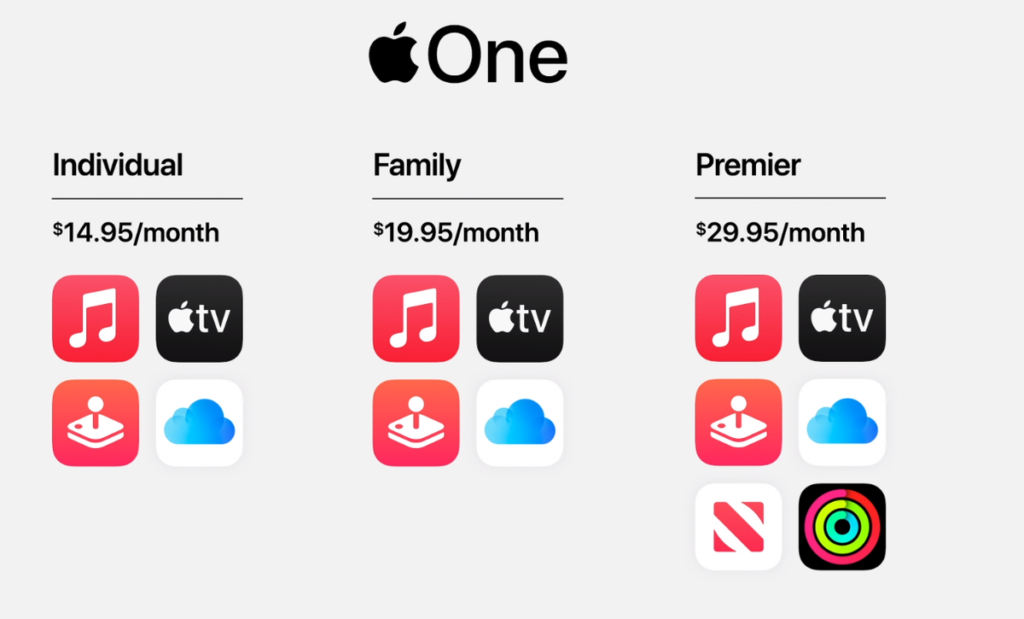Several of the reviews of this year’s iPhone 13 line from mainstream USA publications were lukewarm about the main decision a reader wanted to make: should they buy the new iPhone or not?

CNN was clear you should only upgrade if you’re on an old iPhone (or are a professional photographer). The New York Times began with the sentence “the truth is that smartphones peaked a few years ago”. CNET compares the newest phones to older ones and only starts suggesting upgrades with phones three years old.
It’s clear that people are waiting longer to get a new smartphone than they did several years ago. And that wait is getting longer.
I think it’s mostly because smartphones – now just phones – have become an everyday essential. Far from the novelty they were for their first decade, they are now how we interact with the world. Consequently, the choice to get a new iPhone is no longer about signalling exclusivity or wealth; it’s a much more utilitarian decision: whether the phone one owns is now long in the tooth.
And the answer to that question is usually No. For a few years now, phones have been much more capable than the average person needs them to be. Give the average person an iPhone XS instead of the iPhone 13 from three generations later, and they’ll have a hard time convincing themselves that the new one is really all that better.
Phone processors are also as fast as most desktops and laptops. Graphics performance is arguably better. They also have about the same amount of storage space. We use them for different things than we do our computers, but they’re really – as Apple describes its iPad – the Next Computer. It’s just that in ten years, what we think of as a computer has changed in ways our 2007 selves could not imagine.
So it stands to reason that phones would cost as much. In the USA, iPhones used to cost around $500. The first iPhone cost $499 and $599 depending on storage. The iPhone 13 Pro Max, the biggest model in the fifteenth generation of iPhones, now starts at $1099. Only a few Android phones are as expensive, but the percentage increase in price is about the same.
That’s as much as a laptop computer. And so therefore if phones are already faster than we need them to be, they play the same role in our lives that our laptops used to, and they cost as much as a laptop, we shouldn’t be surprised that we replace them as (in)frequently as we do our computers – that is, once every three or four years.
I’d expect that gap to grow.
Apple has understood this for a long time now.
Years ago, they publicly said they were ok with the iPhone cannibalising iPod revenue (because they’d rather they themselves did than anyone else). In much the same way, they welcome, even encourage the use of iPhones for years on end. And in balance, they have opened up opportunities to earn throughout that period of ownership, through services: iCloud. Apple TV+. Apple Music. Arcade. Fitness+. And very likely more in the future.

The best way to predict the future is to invent it.
